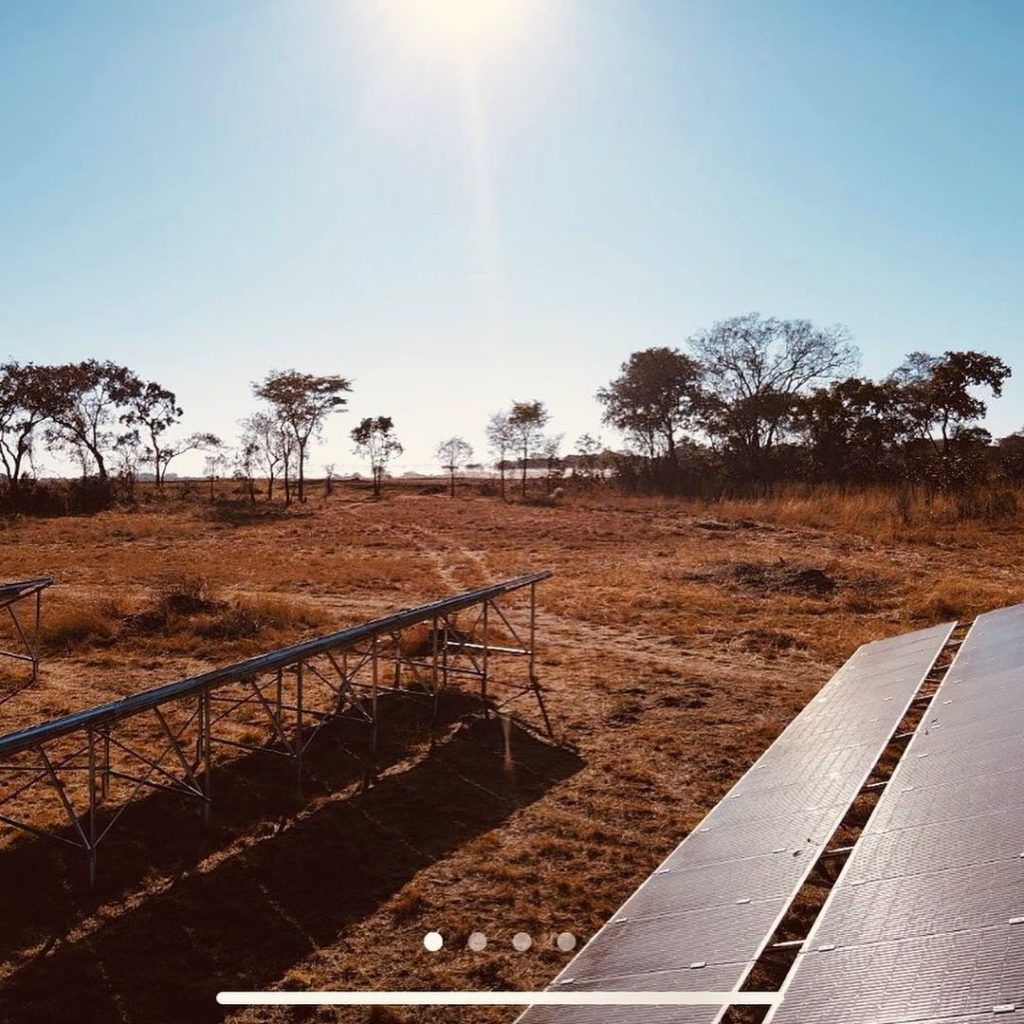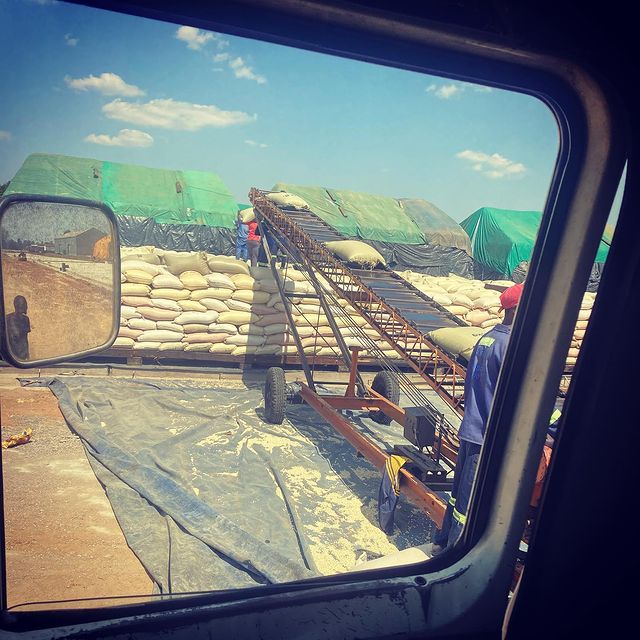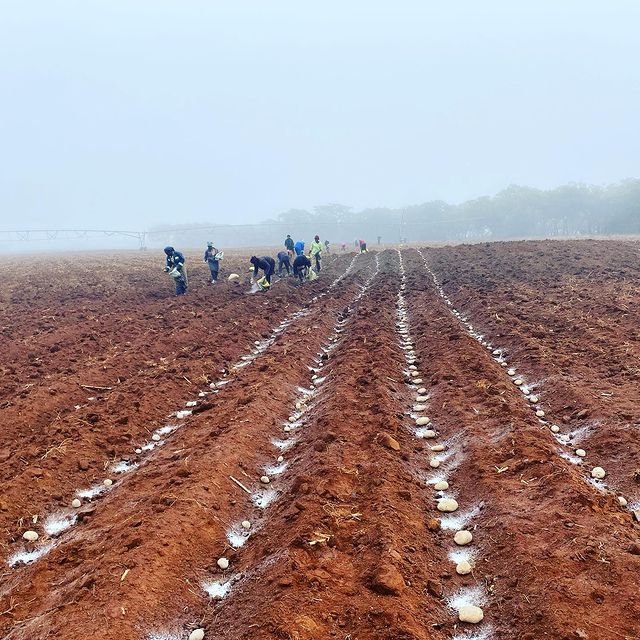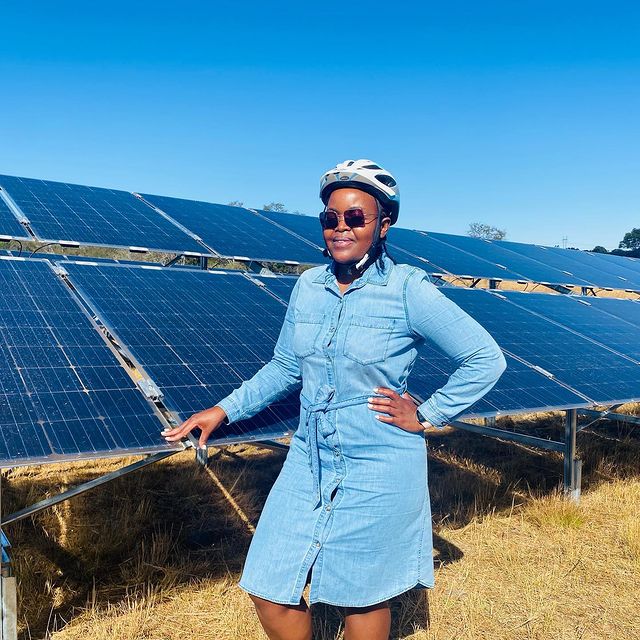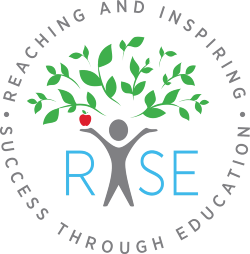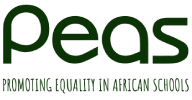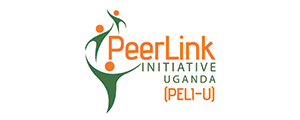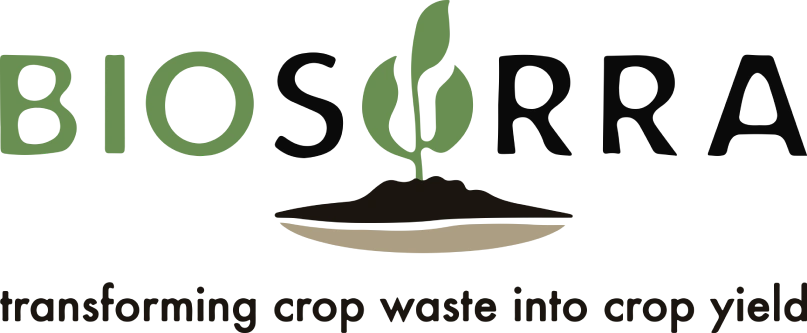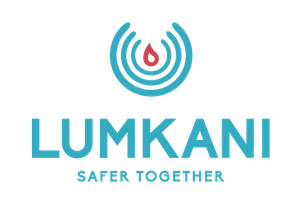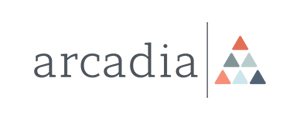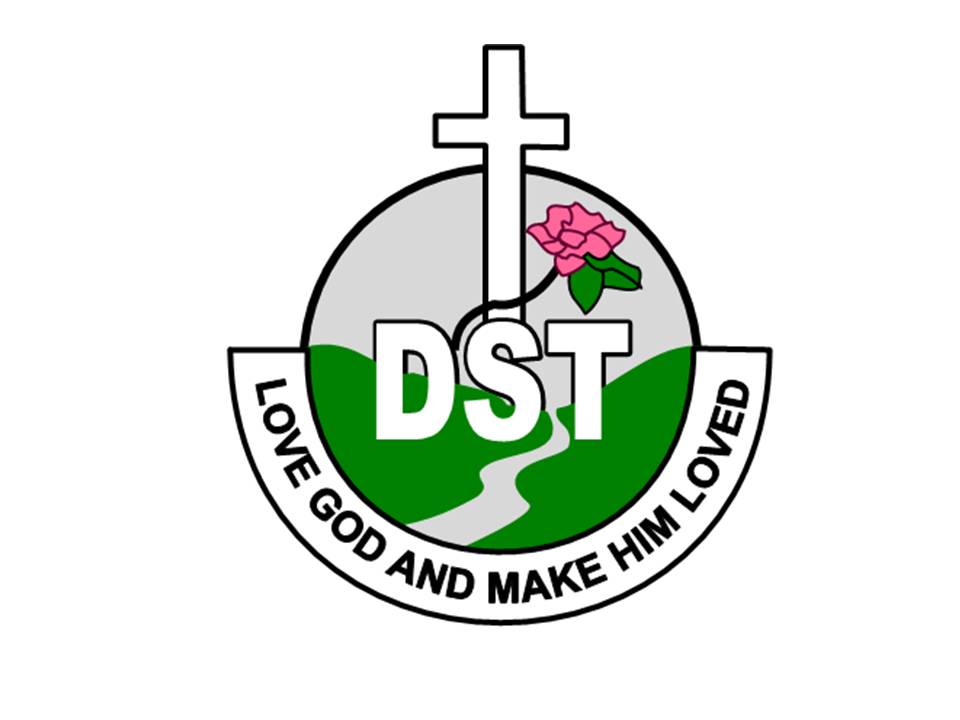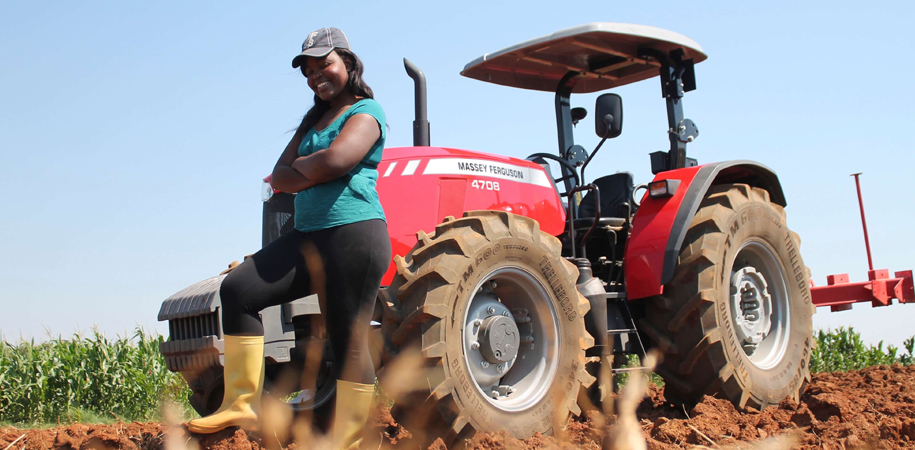
From hand hoes to solar farms and beyond
By Ruramiso Mashumba | CEO of Mnandi Africa
Zimbabwe is a beautiful, landlocked Southern African country – rich in resources and resilient people. It’s home to Victoria Falls (the largest waterfall in the world) and Lake Kariba (the largest man-made lake in terms of volume). And, it’s the country with the most official languages in the world at 16 – a Guinness World Record.
Zim (as it’s known) is an agro-based economy and many people depend on farming for a living. Once the breadbasket of the region, it remains one of the top 10 producers of tobacco globally. However, for more than two decades, Zimbabwe has struggled to feed even its own people due to severe droughts.
60% of people currently living and working in rural homesteads in Zimbabwe are women. During the rainy season in Zimbabwe, you find women working their fields using hand hoes. This can be a very tiresome activity. From early morning to dawn. Harvest time you find women also carrying produce on their heads to sell on the side of the road. On average these women make roughly $60 USD a year. The reasons for such a low income are many. Like lack of access to hybrid seeds, fertilizers, pest management interventions, and proper markets as well as equipment.
A BIT ABOUT MY HISTORY
My mother worked in these same rural areas. I remember when we were younger, she used to sit us down and tell us about the women she worked with in agriculture. Many times they couldn’t afford to send their children to school if there was a drought in the country. From that age, I made up my mind that I too wanted to work in supporting women in rural communities.
When I was 14 years old, my dad bought a farm and moved us to a school next to the farm, which had a focus on agriculture. This is where I learned about commercial agriculture and the power it had to transform the rural economy by transforming the lives of farmers.
“My girl, you can do anything as long as you put your mind to it. Now, go and conquer the world.”
I then went on to further my education in the UK. I remember my first day on a British farm. These farmers were so cool! They had tractors, combine harvesters. It was worlds apart from the women in Zim who farmed with hoes and torn clothes. After I graduated, I decided to return to Zimbabwe. My goal was to change the face of my country’s agriculture. I was encouraged and motivated. I wrote a business plan.
I remember the day I finally got an appointment to see my bank manager. He told me “Soon you will be married and what will that mean for our money? Mmmm, unfortunately, we are unable to assist you.”
I went home in tears. I sat down with my parents crying. My mother got up, got a box, and took out the savings she had put aside to buy a car. She said, “My girl, you can do anything as long as you put your mind to it. Now, go and conquer the world.”
INTRODUCING MNANDI AFRICA
So I formed Mnandi Africa in 2016 with a vision to end hunger and poverty in rural homesteads in Zimbabwe and neighboring countries. Mnandi Africa carried out field research in 2016 at its infancy and in 2017 started working on ways to combat some of these challenges. In 2017, Mnandi won its first funding from Echoing Green. In 2018, Mnandi got an opportunity to pitch its challenges to Pace Able Foundation. The first funding was for irrigation and a precision planter.
As we work and serve the most underserved communities, we have been awakened to the vast challenges in our rural community. Like access to education, high rates of domestic violence, and malnutrition. So we find we are solving many challenges at a time.
One of our organizational challenges that was preventing our growth was access to electricity. Zimbabwe battles with electricity challenges and it’s normal to have power outages for 7-10 consecutive days – especially during the rainy season. Lack of power was affecting our ability to irrigate crops as well as communicate with investors. This affected our organization greatly.
We were able to see farmers earning an average of $1,000-$1,500 USD per year which is a monumental increase from the typical $60 USD.
In 2019, Pace Able supported Mnandi with follow-up funding to partner with Distributed Power Africa to install a 75kW solar farm which we call our sustainable pillar. This would not have been possible without the introductions and connections of Don Gips, CEO of Skoll Foundation. We just commissioned the solar plant at Zvipadzwe Village. The event hosted 100 guests in the community and was themed “sustainable farming” with women at the centre.
Mnandi was able to support its first batch of 150 farmers by assisting them to get a contract to grow maize – our staple crop. Then provide security because of the extension provided as well as access to equipment and backup irrigation. We were able to see farmers earning an average of $1,000-$1,500 USD per year which is a monumental increase from the typical $60 USD. Although still low, Mnandi has set a path to continue supporting these women farmers. We hope to eventually offer facilities for farmers to value add crops to increase household income. To date, Mnandi supports 1,000 farmers in Zimbabwe and has a start-up project in Zambia supporting 50 farmers.
In the future, we can consider projects of high-value crops like export peas. We’ve partnered with the United Kingdom Trade Program (UKTP) and hope to commence in 2022. This will see farmers earning up to $3,000 a year.
LESSONS LEARNED, SO FAR
Here are the top three things I’ve learned from running Mnandi these last five years. These lessons can apply to any social entrepreneur in any country:
- Women receive less access to education than men, and women’s access is crucial for development.
- It’s important to create material with the beneficiary in the centre. Meaning, consider language and sophistication as barriers that need to be dealt with.
- As you solve one problem, you solve several.
I conclude by this popular African saying that says, “Alone you can go faster but together we can go far”.

